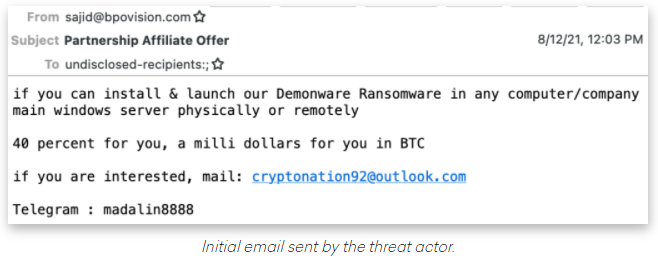Researchers at Ben-Gurion University of the Negev have demonstrated a novel way to spy on electronic conversations. A new paper
released today outlines a novel passive form of the
TEMPEST attack
called Glowworm, which converts minute fluctuations in the intensity of
power LEDs on speakers and USB hubs back into the audio signals that
caused those fluctuations.
The Cyber@BGU
team—consisting of Ben Nassi, Yaron Pirutin, Tomer Gator, Boris Zadov,
and Professor Yuval Elovici—analyzed a broad array of widely used
consumer devices including smart speakers, simple PC speakers, and USB
hubs. The team found that the devices' power indicator LEDs were
generally influenced perceptibly by audio signals fed through the
attached speakers.
Although the fluctuations in LED signal strength generally aren't
perceptible to the naked eye, they're strong enough to be read with a
photodiode coupled to a simple optical telescope... more
Check out the other eavesdropping hits that have come out of Ben-Gurion University... here













